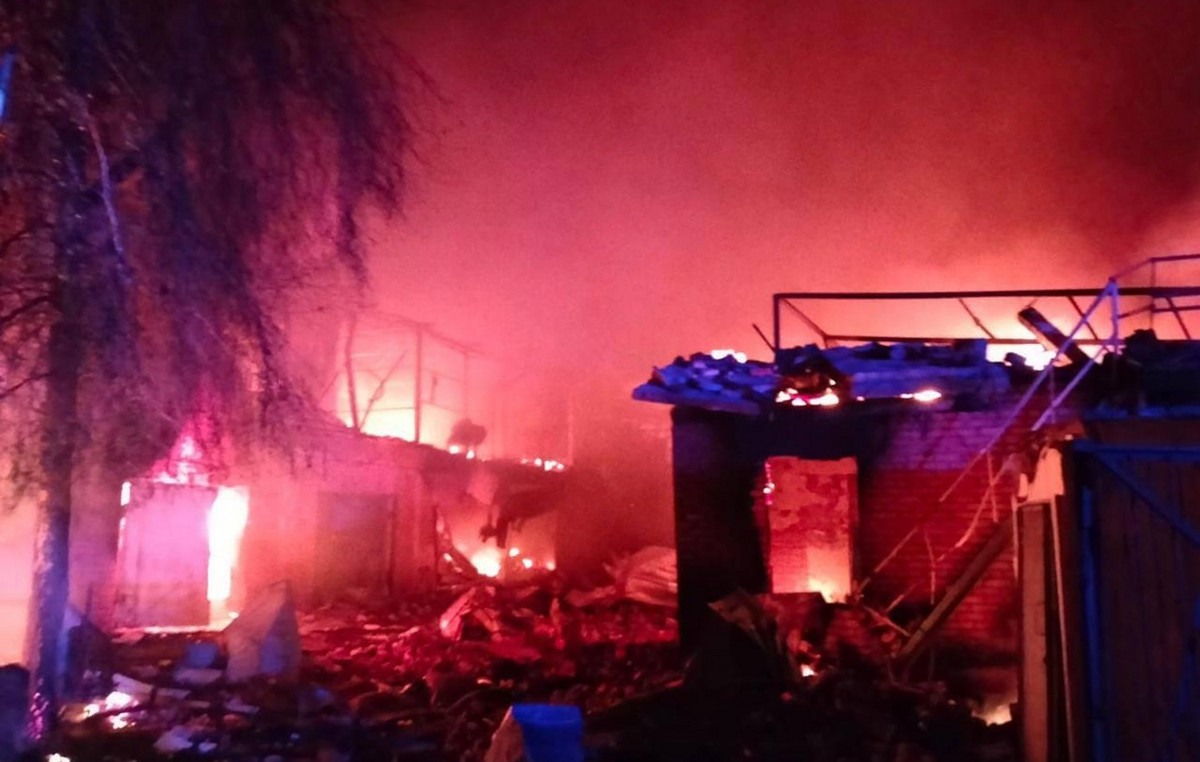Brazil is facing one of the periods most severe drought with a large part of the country covered in smoke from fires.
Several capitals are experiencing long periods without rain, with emphasis on Belo Horizonte, Brasília and Goiânia, which lead the ranking according to the National Institute of Meteorology (Inmet).
Belo Horizonte, the capital of Minas Gerais, completed 150 days without rain last Sunday (15).
Right behind, Brasília has 146 days, followed by Goiânia, with 144 days. Other capitals, such as Cuiabá and Palmas, are also facing a prolonged drought.
See the complete ranking of the 10 capitals that have gone the longest without rain:
- Belo Horizonte (MG) with 150 days
- Brasilia (DF) with 146 days
- Goiania (GO) with 144 days
- Cuiaba (MT) with 121 days
- Claps (TO) with 129 days
- Teresina (PI) with 57 days
- Saint Louis (MA) with 47 days
- Strength (CE) with 25 days
- Manaus (AM) with 9 days
THE CNN asked Inmet about the possibility of rainfall this Monday (16).
Air quality in capital cities
Amid the drought, air quality is also becoming a growing concern.
Around 12pm, the CNN verified the Air Quality Index (AQI) indexes, the world’s largest platform for monitoring atmospheric conditions.
Air quality classification is based on a numerical scale that ranges from “good” to “hazardous,” depending on the concentration of pollutants in the air.
The air quality in capitals with more than 100 days without rain showed the following results:
- Belo Horizonte: 81 (moderate)
- Brasilia: 60 (moderate)
- Goiania: 77 (moderate)
- Cuiabá: 137 (not healthy for sensitive groups)
- Claps: 90 (moderate)
Experts warn that low air humidity, intensified by the lack of rain, could increase cases of respiratory diseases, especially in cities where air quality is worsening.
How to protect yourself?
For the population most directly affected by climate change and fires, the Ministry of Health has published a report with guidelines and recommendations to avoid exposure to intense smoke. These are:
- Increase water and fluid intake to keep respiratory membranes moist and protected;
- Stay indoors, avoiding exposure to smoke, and, if possible, keep windows and doors closed and use air conditioning and air purifiers;
- Avoid physical activities during times of high pollutant concentrations (between 12pm and 4pm);
- Use of N95, PFF2 or P100 masks, suitable for reducing the inhalation of fine particles. Scarves, cloths and bandanas can also be used to reduce exposure to coarse smoke particles;
- Children under 5 years of age, elderly people over 60 years of age and pregnant women should pay extra attention to the recommendations described above for the general population.
See how to improve immunity in the face of temperature changes
This content was originally published in See the ranking of Brazilian capitals with the longest period without rain on the CNN Brasil website.
Source: CNN Brasil
I’m James Harper, a highly experienced and accomplished news writer for World Stock Market. I have been writing in the Politics section of the website for over five years, providing readers with up-to-date and insightful information about current events in politics. My work is widely read and respected by many industry professionals as well as laymen.







